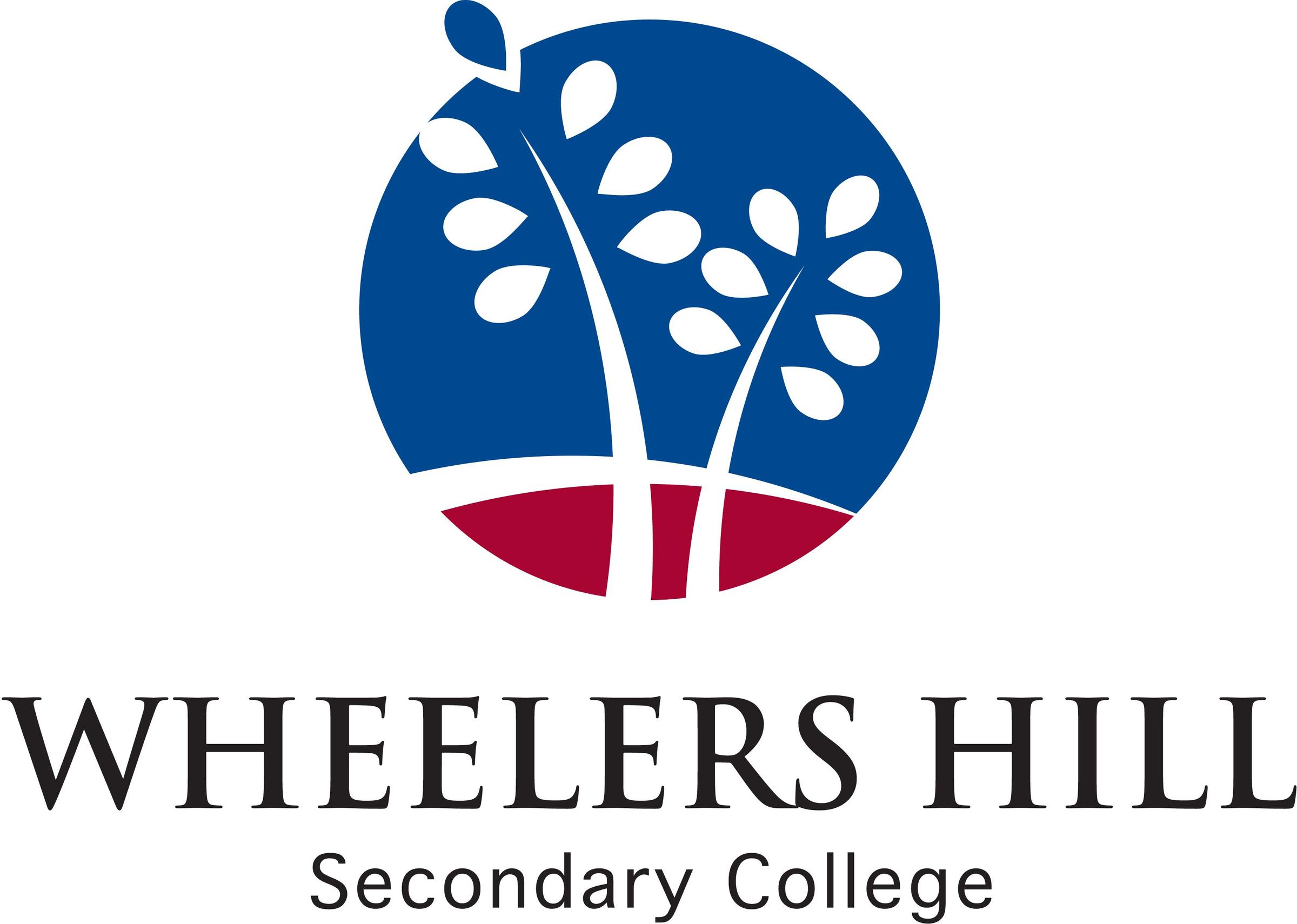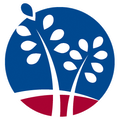Year 8

Whole Year Studies
English 6 periods
Maths 6 periods
Science 4 periods
Humanities 4 periods
Languages (French or Indonesian) 4 periods
Physical Education 5 periods
Performing Arts 3 periods
SEMESTER UNITS per fortnight
Health Education 4 periods
Visual Art 4 periods
Food Technology 4 periods
STEM - Materials 4 periods
French
In Year 8, students will build on the knowledge learned the year prior. They will learn how to describe their personal lives through the introduction of their family members and pets. Within these topics, the learners will describe their physical and personality traits. Students will additionally learn about the time, how to talk about their school-life, learning how to express when and how often things are occurring and their likes and dislikes about subjects. Vocabulary and grammar for each topic will be taught explicitly through active learning, through games and other hands-on activities all the while using the four language skills: speaking, listening, reading and writing.
Indonesian
Indonesian aims to enable learners to communicate in speech and writing, to appreciate and respect the views and cultures of other people and to develop a sense of identity. Students practice the skills of listening, speaking, reading and writing through the study of selected topics. Vocabulary and grammatical structure are intrinsic to this. Topics include getting around the town, weekend/leisure activities, giving directions, fruits and clothing. The cultural study involves research on means of transport, food and cultural events in different parts of Indonesia and animals native to Indonesia. Specific content-related vocabulary is explicitly taught and assessed – 40 to 50 words each semester.
Performing Arts
Students learn to understand and incorporate themes and issues while studying the Performing Arts through sound, music, drama, movement and production. They are introduced to the use of pre-texts and other stimulus materials in planning performance works. This planning is recorded in a visual diary that is used to develop ideas and incorporate meaning into the work. Students work both individually and in small or whole class groups to plan and structure performances for particular purposes and audiences, refining their communication skills while collaborating. Students experience, interpret and evaluate dances, dramas and historical music from a range of styles. Their art vocabulary is built on to help and develop written responses to the works.
SEMESTER UNITS
Visual Art
Students further the skills they have acquired in Year 7 in both two and three-dimensional media such as painting, drawing, ceramics, printmaking, mixed media and ICT, each of these art forms will be used to create finished works. This course encourages students to explore themes and to develop their creative and technical skills to communicate ideas and feelings. Students develop skills in thinking creatively and reflecting on their own progress by using a visual diary to plan visual responses and ideas. They also use their visual diary to record class notes and their experimentation with a wide variety of media. Students will be given tasks that will enable them to develop drawing skills through a process of observation and practice. At Year 8, they begin to understand the cultural and historical context of art. They will contribute to discussion about how artists construct meaning in selected art works and use this learning as a basis for their written work.
Food Technology
Food Technology is introduced and students study nutrition and develop food preparation skills. Students are involved in the research, design, production and evaluation of food products. The emphasis is on learning new skills as well as making informed and appropriate nutritional choices in selecting foods for a healthy life style. Topics explored include: food safety; healthy living pyramid; the importance of breakfast; healthy meals; packaging and labelling of food products; recycling; cooking for family and friends and creating new foods.
STEM - Materials
In STEM - Materials, students are involved in the research, design, production and evaluation of resistant material products. Students work through a sequential program designed to give them experience in using basic tools and equipment while producing small projects and models. Projects are based on the development of skills and techniques. The course emphasises sustainability, workshop safety, correct use of tools, and care in crafting. It also focuses on the understanding of aspects of design and the appreciation of a range of materials being used.
